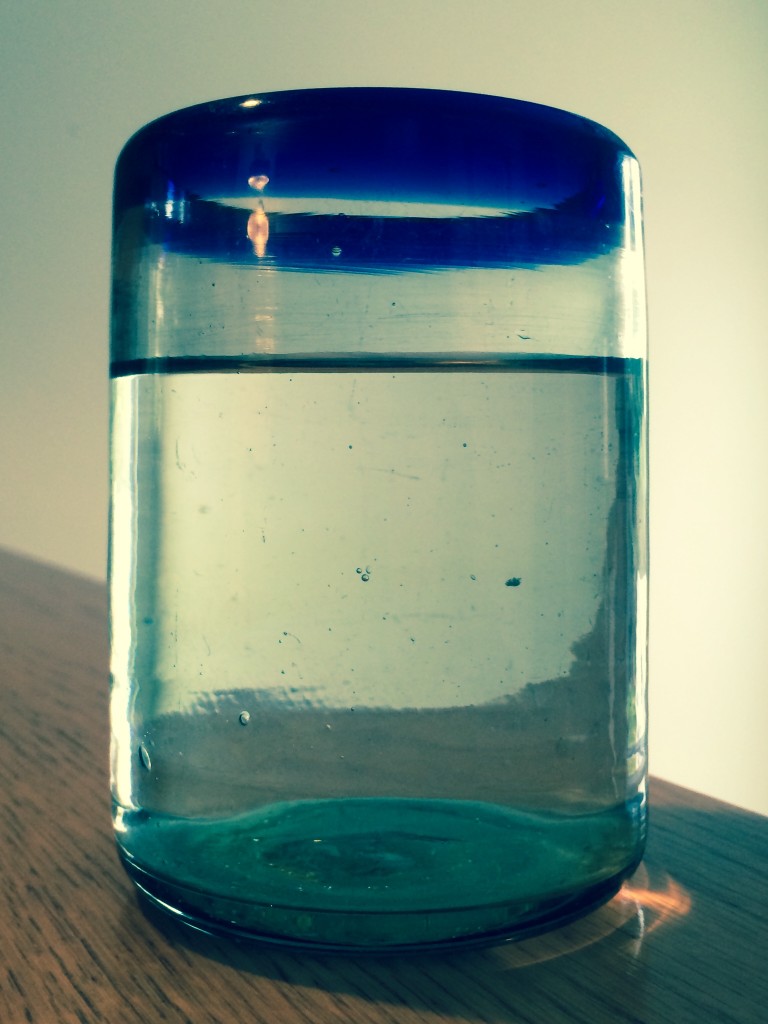Therefore, my beloved, just as you have always obeyed me, not only in my presence, but much more now in my absence, work out your own salvation with fear and trembling; for it is God who is at work in you, enabling you both to will and to work for his good pleasure.
Do all things without murmuring and arguing, so that you may be blameless and innocent, children of God without blemish in the midst of a crooked and perverse generation, in which you shine like stars in the world. It is by your holding fast to the word of life that I can boast on the day of Christ that I did not run in vain or labor in vain. But even if I am being poured out as a libation over the sacrifice and the offering of your faith, I am glad and rejoice with all of you— and in the same way you also must be glad and rejoice with me.
-Philippians 2:12-18
A libation is the liquid (usually wine, milk or blood) poured over a sacrifice to be burned (or burning). In the ancient world it was a ritualistic action accompanying prayer – even on a daily basis. It signaled intention and attention, commitment and devotion. It was commonly used in burial or death ceremonies (memorials/funerals) and consistently used in the ceremony of peace-making after a battle or war.
So what is Paul saying as he talks about this sacrificial action which is so foreign to us? I think he’s speaking from the culture of his day to explain his commitment to those he’s speaking to and caring for as an apostle and church-builder. It’s his way of living into the model of the life of Jesus of Nazareth [incarnating it] that is described in the preceding passage Philippians 2:1-11.
As you do the glass filling and pouring out today, be mindful of your commitment, attention, intention and devotion to the Holy One who gives you – and all of us – life, as you pour out the glass tonight. You don’t need to do it over a burning animal carcass sacrifice. Simply be mindful of why it is that you pour your life out for others and God.
